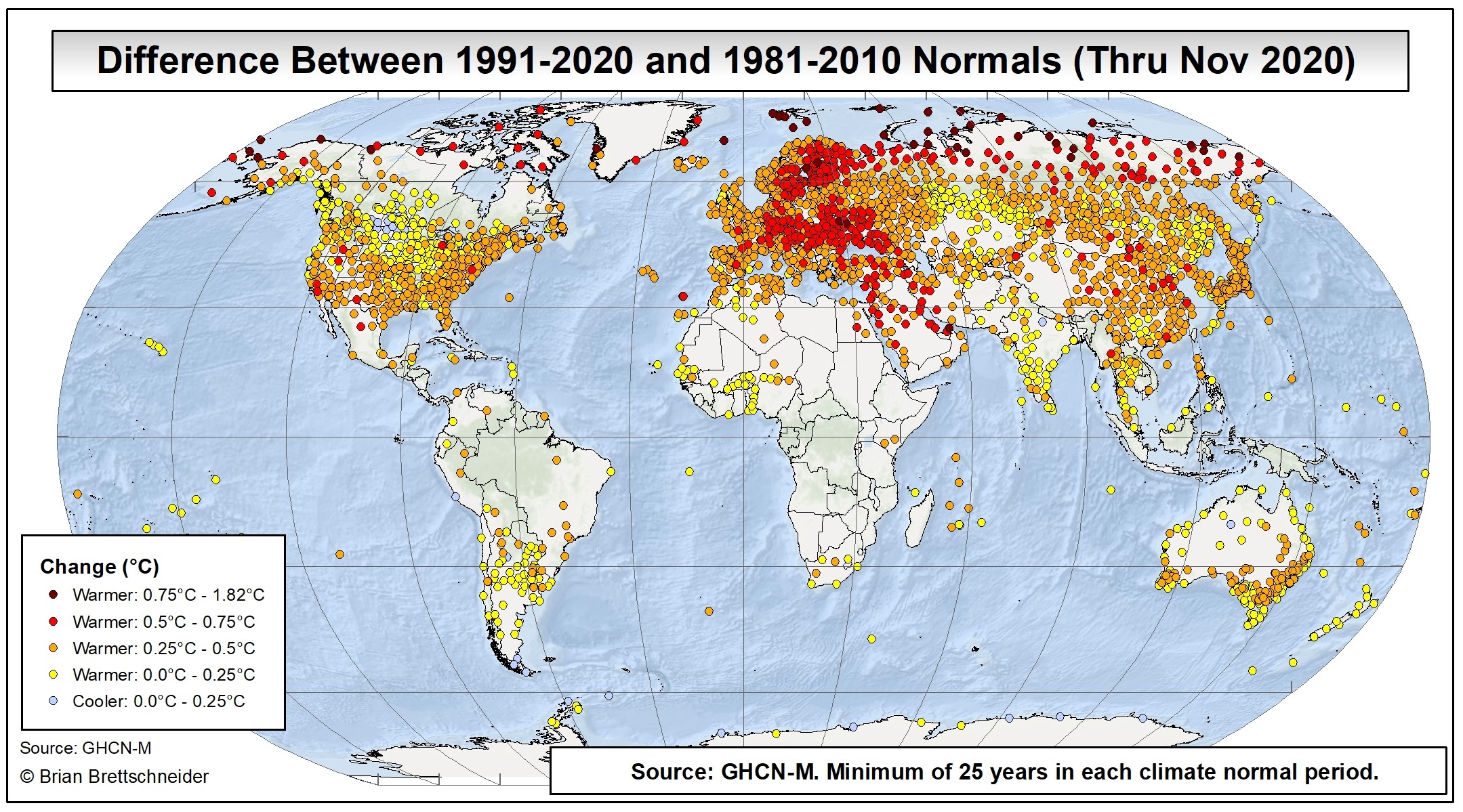Climate change is one of the most significant environmental challenges the world faces today. It is caused by the release of greenhouse gases into the atmosphere, primarily through human activities, such as burning fossil fuels for energy, land-use change, and agricultural practices. The effects of climate change are widespread, ranging from more severe weather patterns to rising sea levels and the loss of biodiversity. In this blog post, we will explore the latest news and updates on how climate change is impacting our world.
1. More frequent and severe weather events
As the planet warms, we are experiencing more frequent and severe weather events, including heatwaves, droughts, floods, and storms. These extreme events can cause significant damage to infrastructure, homes, and natural habitats, and result in the loss of human life. The recent floods in Europe and China and the heatwaves in North America are examples of the devastating effects of extreme weather events.
2. Rising sea levels
Sea levels are rising at an accelerated rate due to the warming of the planet, causing significant coastal flooding and erosion. The latest research suggests that sea levels could rise by more than one meter by the end of the century, putting millions of people at risk and resulting in the loss of coastal habitats and wetlands. The melting of ice sheets in Greenland and Antarctica is contributing significantly to rising sea levels.
3. Loss of biodiversity
Climate change is causing the loss of biodiversity at an unprecedented rate, with many species now facing extinction due to the changing climate. The warming of the planet is altering ecosystems and disrupting the natural balance of plant and animal life. Coral reefs are particularly vulnerable to climate change, with rising sea temperatures causing widespread bleaching and death of coral.
4. Health impacts
Climate change is also impacting human health, with more extreme weather events, such as heatwaves and droughts, leading to an increase in heat-related illnesses and malnutrition. The changing climate is also contributing to the spread of diseases such as malaria and dengue fever, which are more prevalent in warmer climates.
5. Climate action
To mitigate and adapt to the impacts of climate change, urgent action is needed to reduce greenhouse gas emissions and transition to a low-carbon economy. Governments, businesses and individuals all have a role to play in reducing emissions, conserving natural habitats, and implementing adaptation measures. The recent COP26 summit in Glasgow brought together world leaders to discuss climate action, with over 190 countries committing to reducing emissions and limiting global warming to 1.5°C above pre-industrial levels.
In conclusion, climate change is having a significant impact on our world, with more frequent and severe weather events, rising sea levels, loss of biodiversity, and health impacts. Urgent action is needed to mitigate and adapt to these impacts, and everyone has a role to play in reducing emissions, conserving natural habitats, and implementing adaptation measures. It is time for us to take action if we want to protect our planet for future generations.











